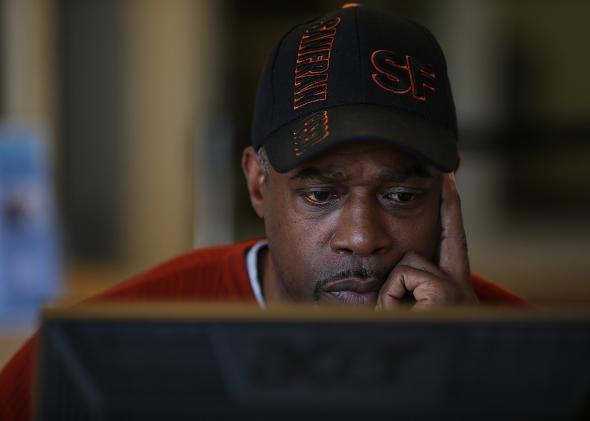A new survey released on Monday by Pew offers a window into how Americans feel about government surveillance, and what they’re doing, or not doing, to protect themselves. It’s been almost two years since Edward Snowden began leaking documents that revealed the scope of NSA mass surveillance, and 90 percent of survey respondents said they had heard at least something about the situation. (Not clear where the 6 percent who said they’d heard nothing have been.)
Thirty-four percent of people who had heard about government surveillance reported that they had taken at least one action to obscure their digital information. Some changed their social media privacy settings (17 percent) or uninstalled certain apps (13 percent). Others even said that they have been trying to reduce online communication by speaking in person (14 percent).
Aspects of the news are heartening. For example, 25 percent of participants who had heard about surveillance programs said that they had started using stronger passwords. And 17 percent reported changing their search engine habits. There’s concerning news, too, though. Forty-six percent of respondents had neither adopted nor considered adopting email encryption, like Pretty Good Privacy (PGP). Thirty-one percent didn’t even know these types of tools existed. Similarly, 40 percent had never used or considered using anonymity services like Tor, and 39 percent didn’t know what those services were.
In terms of whether mass surveillance serves the public good, 61 percent of people who had heard about the programs in the first place said they were less confident than ever that the efforts were positive. Thirty-seven percent said they were more confident in the programs. But there was a pretty even split on the question of whether the courts have been fairly balancing citizens’ privacy rights with law enforcement’s desire to collect information. Forty-eight percent said that the courts have struck a good balance, and 49 percent said they haven’t. Broadly, 52 percent of people reported being concerned about data surveillance, and 46 percent said they were unconcerned.
The sample size for the study was 475 people, so it’s not enormous. It seems to show what you may have noticed in your own life: that protecting personal data online can seem daunting and that it’s hard to know what to think about the pros and cons of surveillance. It’s also difficult to know what to do about it if you want to resist involvement. If you’re still kind of wondering why you should care, half the country may be on your side. But luckily the other half seems to be learning about what’s up.
